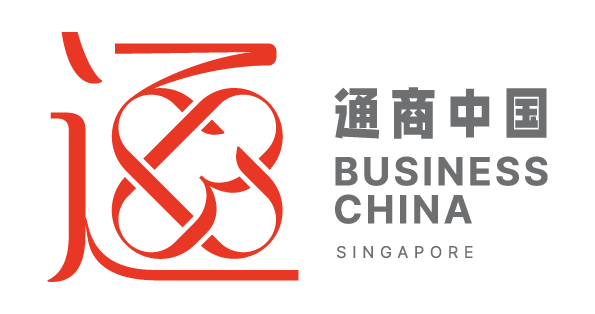Professor Yang Dali: Chinese Governance in the Age of Rising Expectations
The 2014 Ho Bee Professorship in Chinese Economy and Business public lecture was held on 14 October at the Singapore Management University (SMU). Themed “Chinese Governance in the Age of Rising Expectations”, the lecture attracted some 300 guests to this annual event that seeks to provide insights into the challenges and prospects for China’s governance and growth.
Professor Yang Dali, Professor of Political Science at University of Chicago was the Ho Bee Professor of the year. He was joined by two discussants – Mr Peh Shing Huei, News Editor of The Straits Times and Professor Andrew Walder, Ho Bee Professor in Chinese Economy and Business in 2013 in the panel discussion and Q&A session.
Professor Yang began with a brief introduction of the present state of China, highlighting the current stellar growth in China’s economy and impressive statistical figures. China has just become the world’s largest economy based on purchasing power parity calculations, surpassing that of America. The Chinese people seem flushed with an unprecedented sense of optimism about their future. This is evident in a survey conducted by Pew Research Centre about worldwide perception of GDP Growth and Optimism about Children’s Future, in which China ranked 2nd on the level of optimism about their children’s future1.
However, despite rising expectations, Professor Yang shared that many challenges continue to plague China. From corruption to cancer villages, and the power of social media and the Internet in this digital age; a deep sense of uncertainty and fear still resides within the Chinese psyche. The local population, most notably the government officials, continues to feel listless and unsettled amidst current developments.
Even as President Xi’s administration took immediate measures to address many of its challenges, including launching of the anti-corruption campaign to re-instill public’s confidence in the government; new issues continue to surface every day. Observers and stakeholders continue to watch with anticipation the messages that would emerge from the upcoming Fourth Plenum.
Mr Peh next spoke about the necessity for the Chinese government to find a balance between the demands of a growing middle class and the resultant social issues. He illustrated his point through the examples of cars and pollution. Demand for cars was fuelled by the rising affluence amongst the growing middle class and car-friendly policies in placed to boost China’s auto industry. Automotive sales soon rocketed to18 million in 2010. As a result, streets became choked with traffic and exhaust. Air quality fell drastically and PSI sky–rocketed to unhealthy levels. Unmanaged industrial wastes contaminated major water sources, e.g. pollution of the Lake Taihu. These were but a small cross section of the grand magnitude of challenges that the Chinese government is constantly facing in a bid to meet the expectations and aspiration of its people while maintaining a tight rule of China.
Professor Walder, on the other hand, felt that more time should be accorded to the Chinese government in order for them to fully address most of the issues. A timeframe could be set to better reflect what the government has already achieved. In addition, the ruling party could also consider institutional reforms and changes.
With the “Rule of Law” being the main theme of the Fourth Plenum, Professor Yang felt that the party would probably be giving more autonomy and authority to the legal institutions.
The 2014 Ho Bee Professorship in Chinese Economy and Business public lecture series was organised by SMU in partnership with Business China and generously supported by Ho Bee Land Limited. Professor James T H Tang, Dean of SMU School of Social Sciences chaired the lecture discussions.
1Pew Research Centre, GDP Growth and Optimism about Children’s Future, 8 October 2014, http://www.pewglobal.org/2014/10/09/emerging-and-developing-economies-much-more-optimistic-than-rich-countries-about-the-future/inequality-21/

